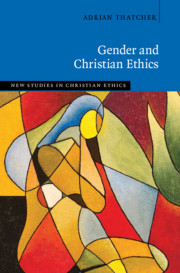We argue that stereotypes associated with concepts like he-said–she-said, conspiracy theory, sexual harassment, and those expressed by paradigmatic slurs provide “normative inference tickets”: conceptual permissions to automatic, largely unreflective normative conclusions. These “mental shortcuts” are underwritten by associated stereotypes. Because stereotypes admit of exceptions, normative inference tickets are highly flexible and productive, but also liable to create serious epistemic and moral harms. Epistemically, many are unreliable, yielding false beliefs which resist counterexample; morally, many perpetuate bigotry and oppression. Still, some normative inference tickets, like some activated by sexual harassment, constitute genuine moral and hermeneutical advances. For example, our framework helps explain Miranda Fricker's notion of “hermeneutical lacunae”: what early victims of “sexual harassment” – as well as their harassers – lacked before the term was coined was a communal normative inference ticket – one that could take us, collectively, from “this is happening” to “this is wrong.”

